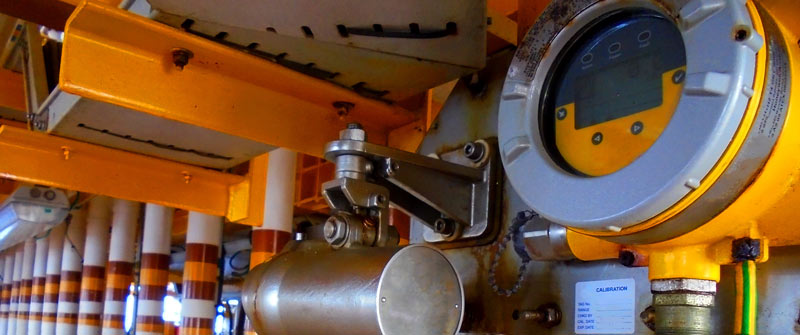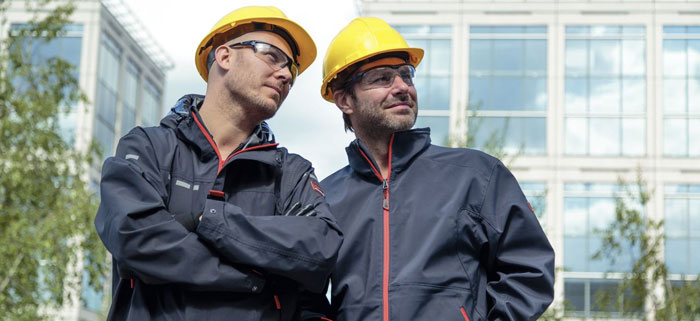
A faulty fixed gas detector can be fatal in the workplace. The following are 8 main factors which can make your detector fail to work properly:
-
Environmental
Physical factors like dirt, dust, and water have an adverse effect on a detector. They can block gases and vapours from entering the sensor chamber, which prevents the detection of gases. This can be within the sensor area, sampling pump, or sample lines.
-
Physical Affects
Dropping, for example, can damage the detector and prevents it from working properly, changing its ability to measure gases accurately.
-
Gas Exposure
High gas exposure/concentrations can change the calibration curve of fixed gas detectors and affect the sensor’s ability to measure, thus leading to false readings. Further, sensors can fail to provide a warning when they are faulty. Many provide a zero (0) indication on the meter reading, which suggests they are working when they are not actually.
-
Poisons and Inhibitors
Catalytic combustible gas detectors can be poisoned by silicone-based compounds, airborne lead Inhibitors (such as sulphur compounds), and chlorinated compounds. These can reduce the sensors’ sensitivity to measure some gases, for example, Pentane.
-
Electrochemical Sensor Poisoning
Fixed gas detectors can be damaged by gases which are absorbed into the sensor chamber and react with the electrode catalyst.
-
Temperature Affect
Placing or storing a fixed gas detector in an environment which is either too cold or too hot can affect its capacity to measure gases accurately.
-
Moisture
Moisture condensing on or in sensors (which happens to oxygen detectors when moisture condenses in their capillary tube), cause the devices to be faulty.
-
Calibration Drift
Over time, all fixed gas detectors eventually lose their ability to function within expected parameters. However, regular calibration can bring the devices back to a safe working condition.
It is extremely important to have any system you have installed professionally maintained to ensure the level of protection that you need.
For information, advice or to arrange a survey, please call us at 02920 759 683 – or visit our contact page: https://www.rockallsafety.co.uk/contact-us/
Written by Sebrina Toumi





